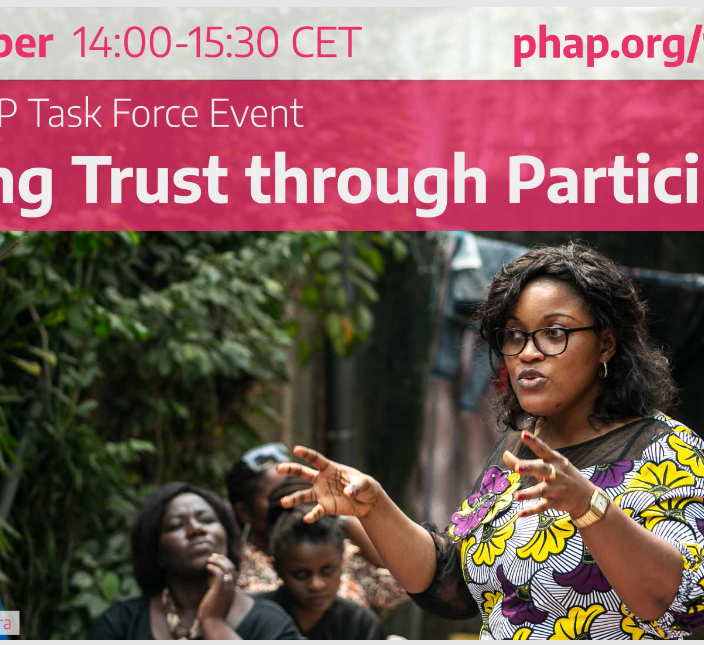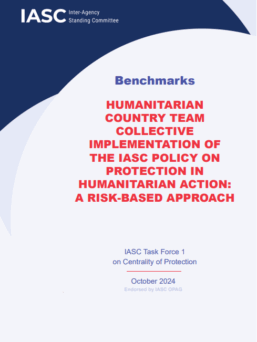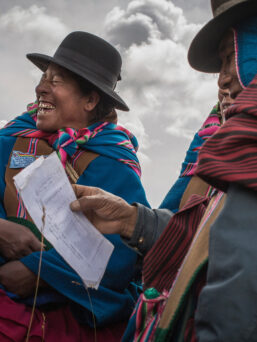Results-Based Protection (RBP) emphasizes a participatory approach with the affected population throughout the program cycle – analysis to program design, decision-making, implementation, and monitoring, and evaluation – to achieve protection outcomes. InterAction, in its online resource repository, has shared resources that aid effective community participation at different stages of the program cycle. Echoing this approach the International Association of Professionals in Humanitarian Assistance and Protection (PHAP), in collaboration with the IASC AAP Task Force, organized a webinar focused on building trust with the affected population through genuine participation in the decision-making process.
The webinar held on December 13, 2022, consisted of an interactive panel discussion in which the panelists discussed six cases submitted by participants. Prior to discussing the cases, participants were asked, “What is one suggestion to ensure the representation and influence of people affected by crises in decision-making forums?.” The responses collated via Mentimeter included practical suggestions such as including communities throughout the program cycle, listening to communities without preconceived notions, adapting decision-making forums to be more transparent by ensuring language accessibility, etc.
Audience interaction was used throughout the event to actively engage participants for feedback and advice on the cases discussed. For example, the third case example discussed focused on building trust into feedback mechanisms. The example in Nigeria highlighted the lack of engagement and trust in the systems set up because the system was set up to prioritize issues such as food inadequacy and health issues over other concerns, such as GBV. of survivors of GBV. Prioritizing GBV, an issue that is often normalized in communities, was seen as secondary. Audience responses to this case example could be summarized in two-fold. The first looked to address the normalization of GBV by emphasizing awareness programs that also discuss the system’s capacities to support survivors. The second part of the responses from the audience focused on increasing the trust in the system by suggesting working with women-led organizations and engaging/employing IDPs as staff/volunteers.
To view the entire webinar, visit: Building Trust through Participation – An IASC AAP Task Force Event – YouTube. Prefer to listen instead during your commute to work, download and access the podcast here: Building Trust through Participation (spreaker.com)



